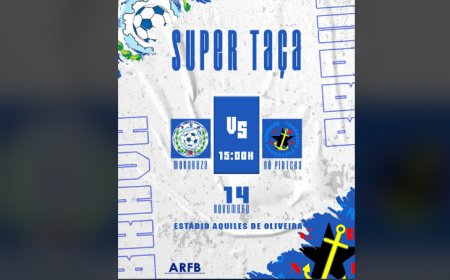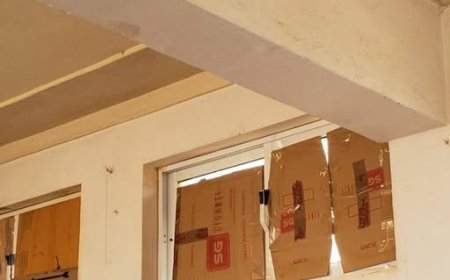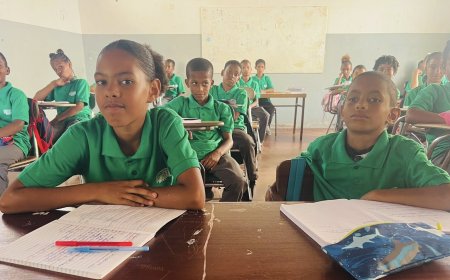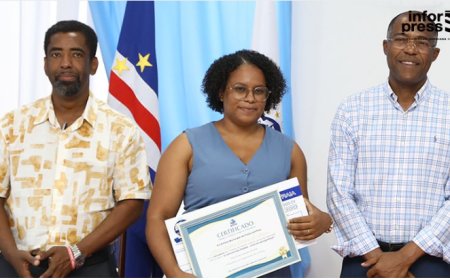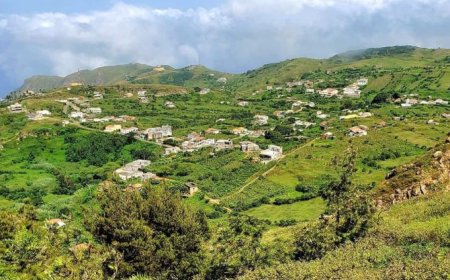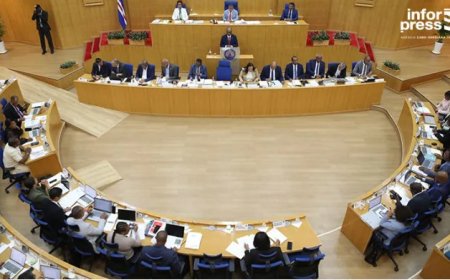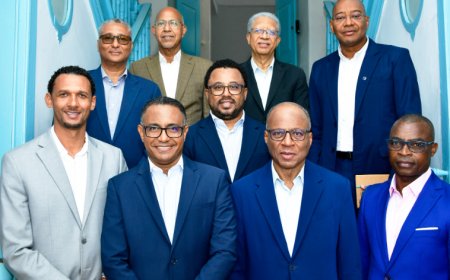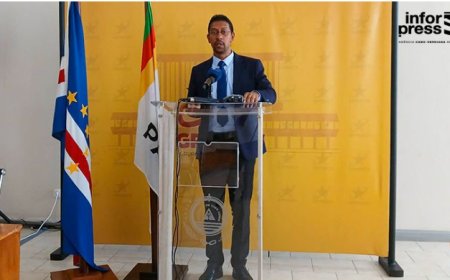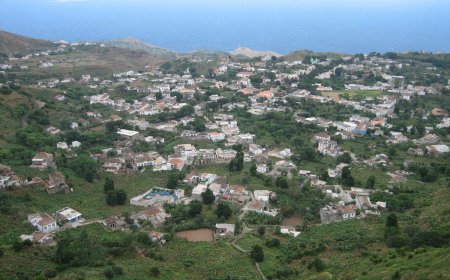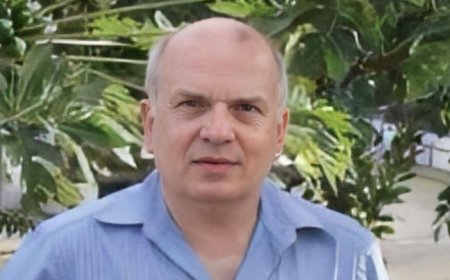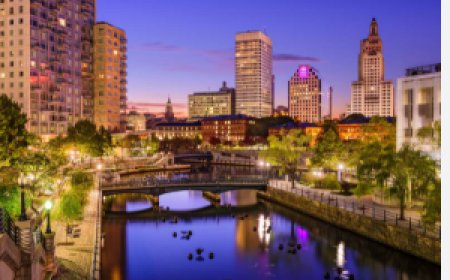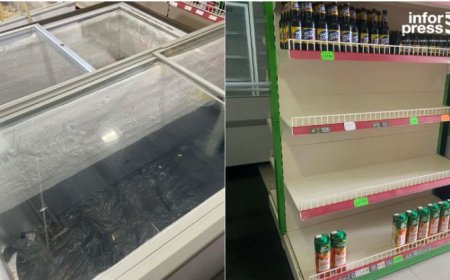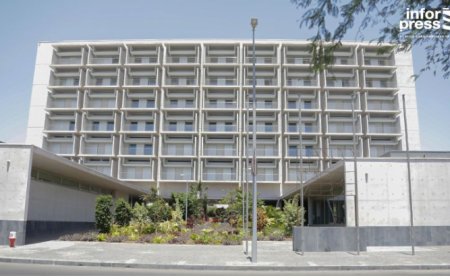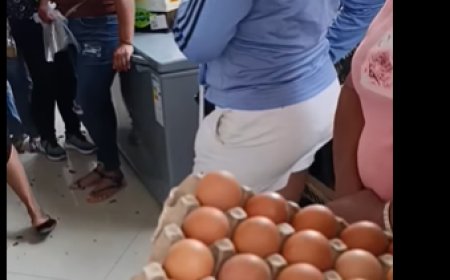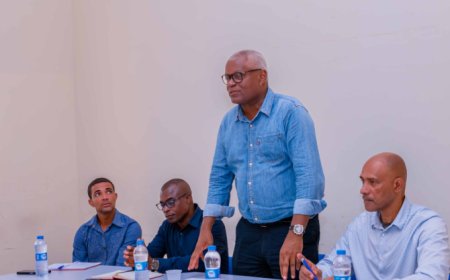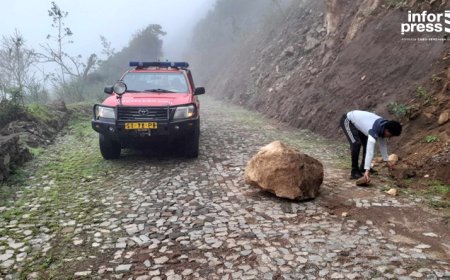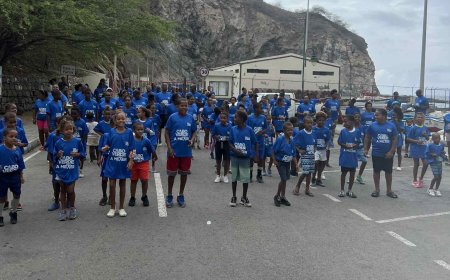Brava: Associação Biflores will create a nursery in Travessa to help with the reforestation of the Fajã d´Água stream
Associação Biflores is working on a project that aims to create a nursery in an abandoned house in the Travessa area to help with the reforestation of the Fajã d´Água stream, in partnership with 'Fauna and Flora International'.
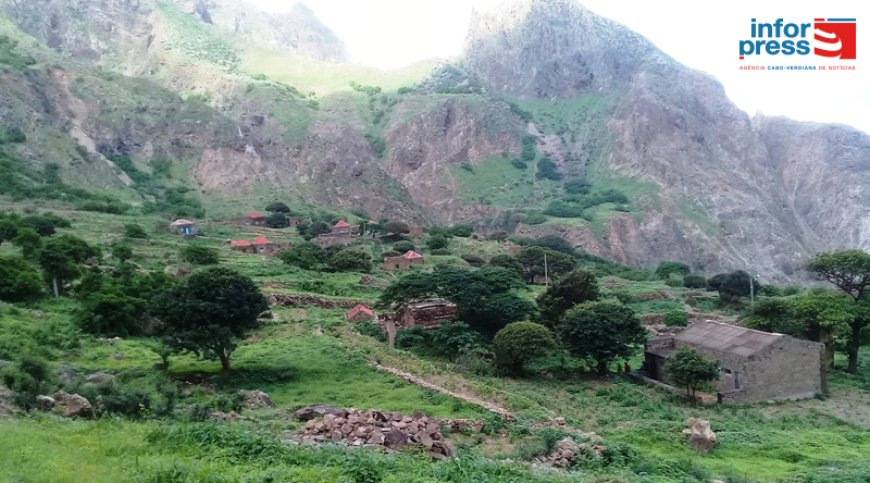
Associação Biflores is working on a project that aims to create a nursery in an abandoned house in the Travessa area to help with the reforestation of the Fajã d´Água stream, in partnership with 'Fauna and Flora International'.
To Inforpress, the director of the environmental association, Dheeraj Ayant, referred to the various projects he intends to develop together with his partners, explaining that this project for the nursery in Travessa complements the project for the botanical survey that will be carried out on the Fajã d ´Water and which is financed by the 'Critical Ecosystems Partnership Fund'.
This riverside, as he advanced, is considered a "key area" in the country's biodiversity, taking into account the diversity of flora species existing there, which, at the moment, is threatened by the practice of free grazing and by climate change, but also due to the collection of plants by the population for various uses.
From there, he underlined, Biflores got this funding to build a nursery inside that stream in an abandoned house in Travessa, which was being cleaned, and that, with the plants produced in this nursery and in the nurseries in Nova Sintra and Campo Baixo, reforestation will be carried out. of this riverside.
As for the nursery and the house in Travessa, he underlined that this will also be a tourist attraction on the riverside and an opportunity to practice ecotourism, since tourism in Brava is based on nature and culture.
“It is also a space where we intend to reconcile awareness for the preservation of biodiversity through the artistic part, thinking of working to value local artists on the island, but also artists from abroad”, highlighted the leader.
Likewise, he announced that there will be space for the exhibition of seeds of endemic plants, but also for the production of silage, as the project is interspersed with the sustainable grazing project.
In the project of sustainable grazing. financed by Darwin, announced that two corrals have already been built, one in Fajã d´Água and the other in Pedra Molar, which aims to improve the condition of breeders with the production of silage, raising awareness about keeping the animals in the stable, a plan that will help organize the grazing.
In the process of reforestation of the stream, Dheeraj Ayant also advanced that the idea is, in addition to working together with cattle ranchers to raise awareness of the importance of preserving endemic species and biodiversity, to involve the entire community of Fajã and schools, in a way to take advantage of and carry out an environmental education and consequently increase the ecological awareness of these social actors.
And in the botanical survey project, he pointed out that last December, financed by the Frankilinia project, which aims to protect three trees and plants endemic to Cape Verde, the dragon tree, marmulano and date palm, invasive plants were cleaned in the where it is possible to find these species, and the existing dragon trees on the island were mapped.
In this same context of protection of these trees, he informed that they are working to find out if the date palm is really a native plant of Brava or not, an investigation that is being carried out in partnership with the National Institute of Research and Agrarian Development (INIDA), to try this confirmation.
The town of Travessa, like the other towns on the Lomba – Lomba trail to the towns of Lagoa and Fajã d´Água, is now completely uninhabited, although in the past it was a very busy area, because there were people and lots of water, as it already was. been told to Inforpress by a resident of Lagoa.








